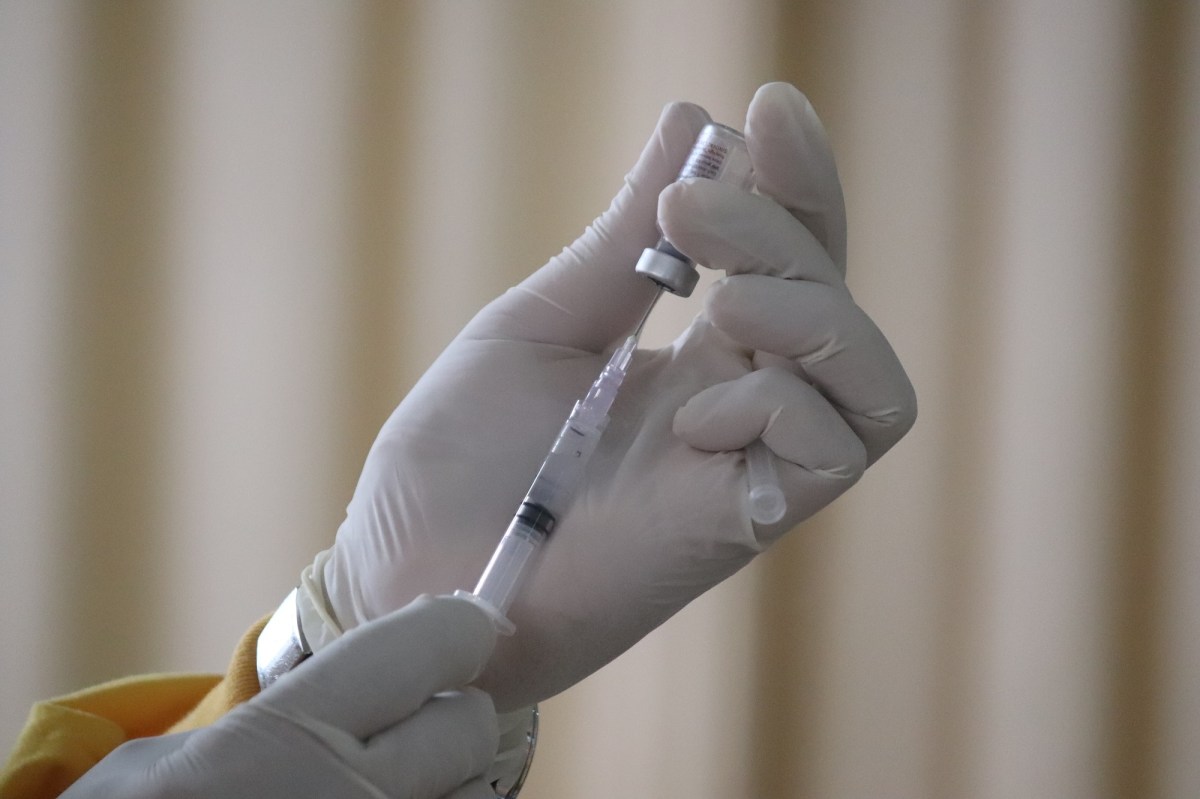As Australia’s Covid-19 vaccine roll-out strategy ramps up, 70% of casual workers have indicated that they would be more likely to receive the vaccine if it was recommended by their employer, new research from intelligent workforce management solutions provider, Humanforce.
The research also revealed that the vast majority of casual workers (71%) think that employers have a right to ask their workers to be vaccinated. However, only 29% of these casual staff worked for employers who had said being vaccinated would be a requirement to secure shifts in the future.
Given the scale of disruption the pandemic has caused, there was a lot of talk even prior to the vaccine arriving in Australia and being rolled out, about whether workplaces would make it mandatory for staff to be vaccinated, according to Humanforce CEO, Clayton Pyne.
“Many employer groups have publicly advocated for businesses to be able to direct staff towards being vaccinated to help avoid future outbreaks and workplace disruptions, and most casual workers are clearly supportive of this, which is a positive finding for safe workplaces and business continuity in 2021,” he said.
More than two-thirds of casual workers (67%) said they had been concerned about their health in the workplace throughout the Covid-19 period. These concerns were likely the reason 64% of workers said they would get the vaccine when it was available to them, while 24% were still undecided and 12% said they did not intend to get the vaccine.
Interestingly, 79% of casual workers indicated that they would prefer it if their colleagues were vaccinated, which was higher than the number who said they would get the vaccine themselves. A high number (67%) of casual workers were also supportive of their employers requiring customers and visitors to the workplace to show they had been vaccinated.
“It’s apparent that casual workers are concerned about Covid-19 and their health at work, and that they expect their employers to step in and take charge of protecting them and others while in the workplace,” Clayton added.
“Employers must ensure they are prioritising the fine tuning of their organisation’s position on vaccines. Engaging casual workers early on is vital, as well as expectations of them and others. It’s also important to have the right systems in place to effectively communicate with staff and track staff vaccination information.”

